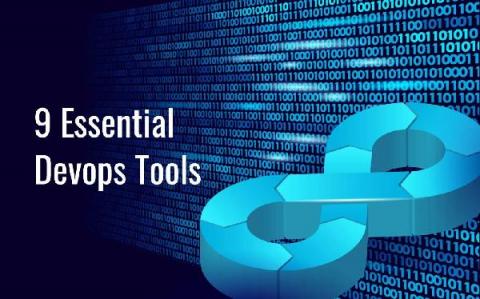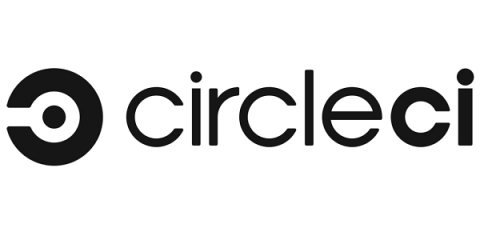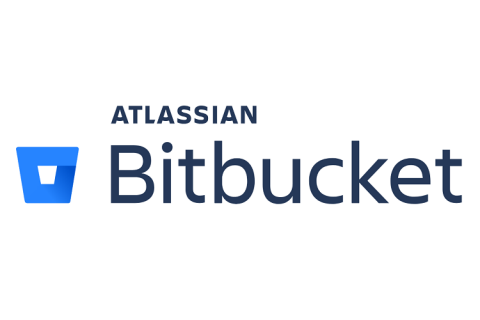Operations | Monitoring | ITSM | DevOps | Cloud
Latest News
Automating key rotation for CI/CD pipelines
With the new Contexts API release, developers can save their team valuable time while enhancing security practices. We know maintaining your organization’s security is crucial. There is the need to meet strict compliance guidelines, such as FedRAMP and GDPR, and what seems to be an increasing number of breaches, like the compromise of over 150,000 video security cameras as a result of a targeted Jenkins server.
Java 16 Commits to Git and GitHub: A Personal Reflection
CircleCI introduces server 3.x to bolster security, compliance for enterprise engineering teams
Introducing server 3.x: enterprise-focused Kubernetes for self-hosted CircleCI installations
Server 3.x, which is now available to all CircleCI customers, was designed to meet the strictest security, compliance, and regulatory restraints. This self-hosted solution can scale under heavy workloads, all within your team’s Kubernetes cluster on your private network, but with the dynamically scaling cloud experience of CircleCI. Offering an exceptional on-premise service means keeping that service up-to-date with the latest releases.
Scaling my application: am I ready?
Most applications begin with a small to medium-sized user base. Even with migration projects, you would not immediately open your new application to the entire existing user base. Instead, you would first test with some internal users, then open up to early adopters. Nevertheless, if your application is successful, at some point you will face the need to scale it. Nevertheless, if your application is successful, at some point you will face the need to scale it.
Skipping artifact downloads in Bitbucket Pipelines
How to set up Software Security and Compliance for Your Artifacts
The essential steps to building your own DevOps pipeline
Keeping up with customer demand and staying ahead of the competition requires fast releases and efficient code. This is where DevOps comes into play. Where DevOps is the practice, mindset, and culture of combining software development (i.e. Dev) and IT operations (i.e. Ops) to accelerate the development lifecycle and provide continuous delivery without compromising quality.











